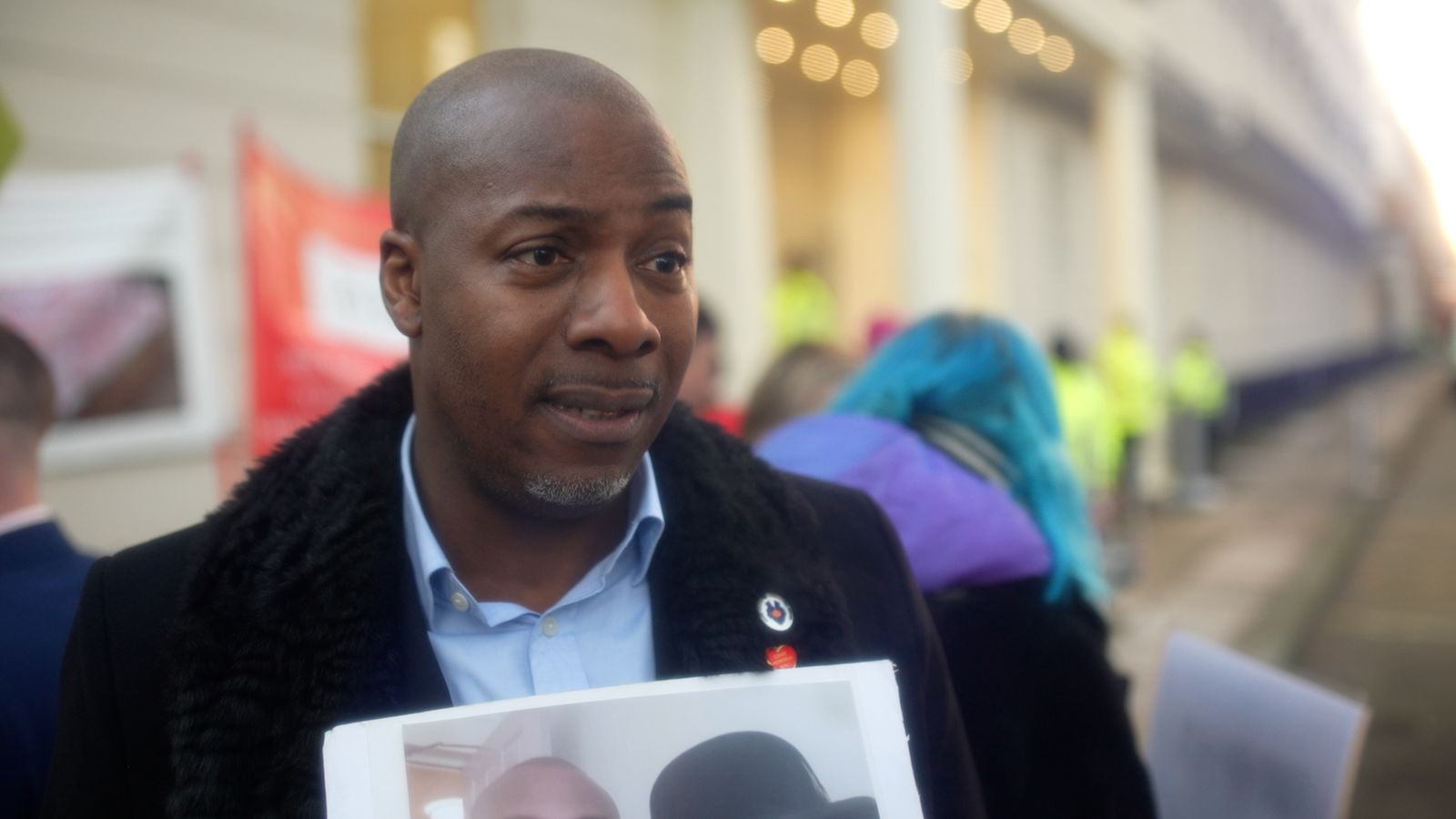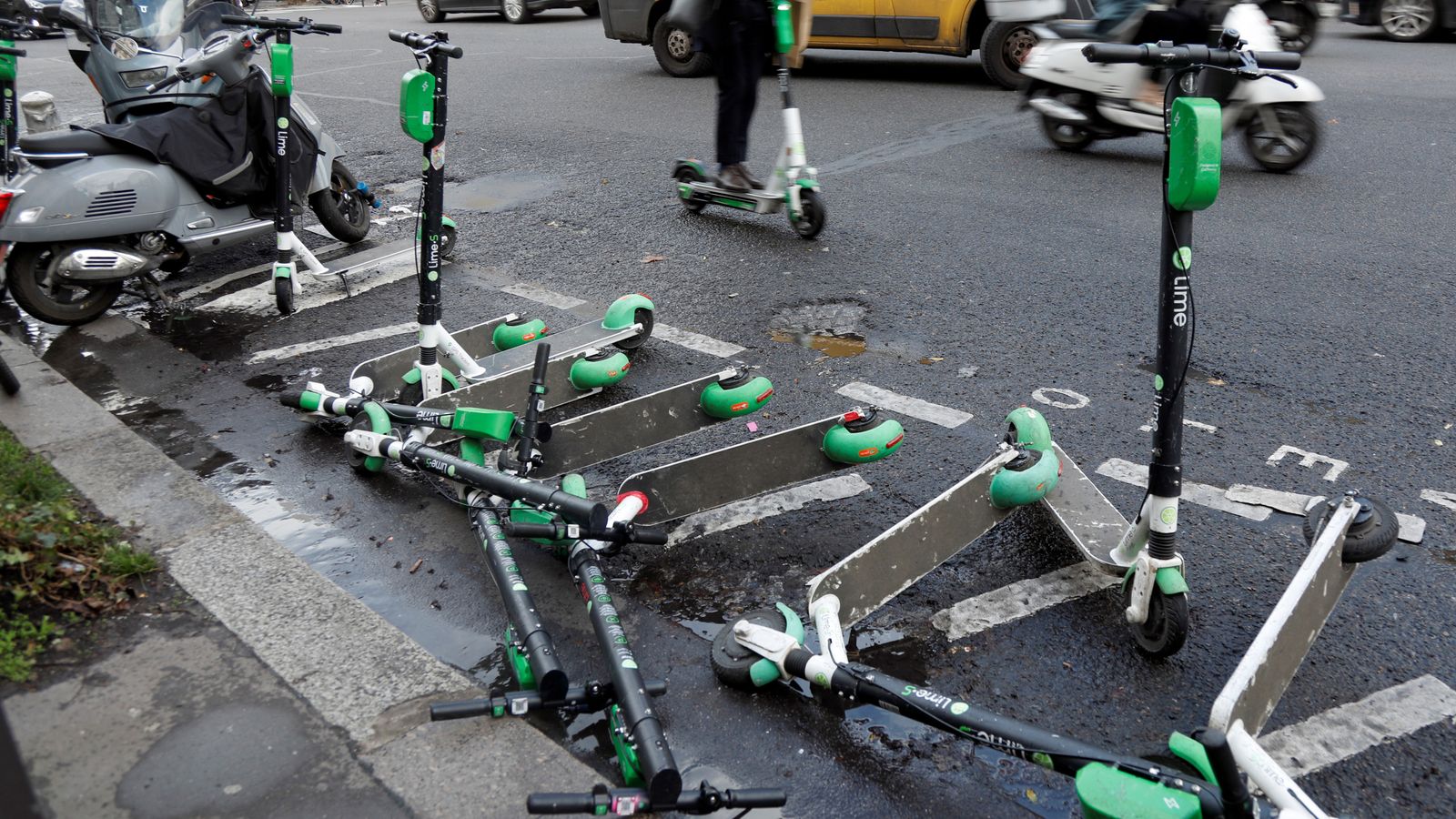Charlie Williams lost his dad Rex to COVID early in the pandemic.
He blames the Government. He blames former Prime Minister Boris Johnson.
Charlie queued in the cold to secure a front row seat at the COVID inquiry hearing.
It was the day he’d been waiting for as Mr Johnson was questioned on his government’s controversial handling of the pandemic.
“I have to be here. I absolutely could not miss this day. I want to hear what Boris Johnson has to say to families like mine,” Charlie said.
Rex was 85 when he died. He came to the UK in the 1950s from Jamaica.
He was part of the Windrush generation who made a life in Britain. He worked in a plastics factory in Coventry for over 30 years.
Boris Johnson at the COVID Inquiry: part one
The minutes, notes, and WhatsApp messages shared during Boris Johnson’s evidence at the COVID inquiry
Boris Johnson gives evidence to COVID inquiry – the key moments from day one
“He was a big figure there, everyone knew him. All the staff talked about him, he was very likeable and loved singing. He was always singing,” Charlie added.
As the former prime minister was questioned by the lead counsel to the inquiry Hugo Keith KC, Charlie says the families watching were looking at each other “in disbelief”.
He says the policy to allow untested patients to be discharged from hospital into care homes was a mistake.
“I knew this was bad from the very beginning because anyone with an ounce of common sense wouldn’t send COVID positive hospital patients into a care home,” he said.
“They said protect the vulnerable but they did the opposite.”
There may be a judge presiding over this inquiry, and KCs asking the questions, but this is not a court of law. It’s been set up to learn the lessons for a future pandemic.
But Charlie feels Boris Johnson should face criminal charges for his decisions.
Please use Chrome browser for a more accessible video player
Read more:
Key moments from day one of Boris’ evidence
The minutes, notes, and WhatsApp messages shared
In the lunch break I asked Charlie if he could accept ministers were making tough choices in a crisis.
“I can understand we were in an absolute crisis, the country was on its knees, and mistakes can be made in those situations,” he says.
“There’s no mistake here. Anyone with an ounce of common sense would know what the result was going to be, so it’s not a mistake, it was more of a sacrifice.”






